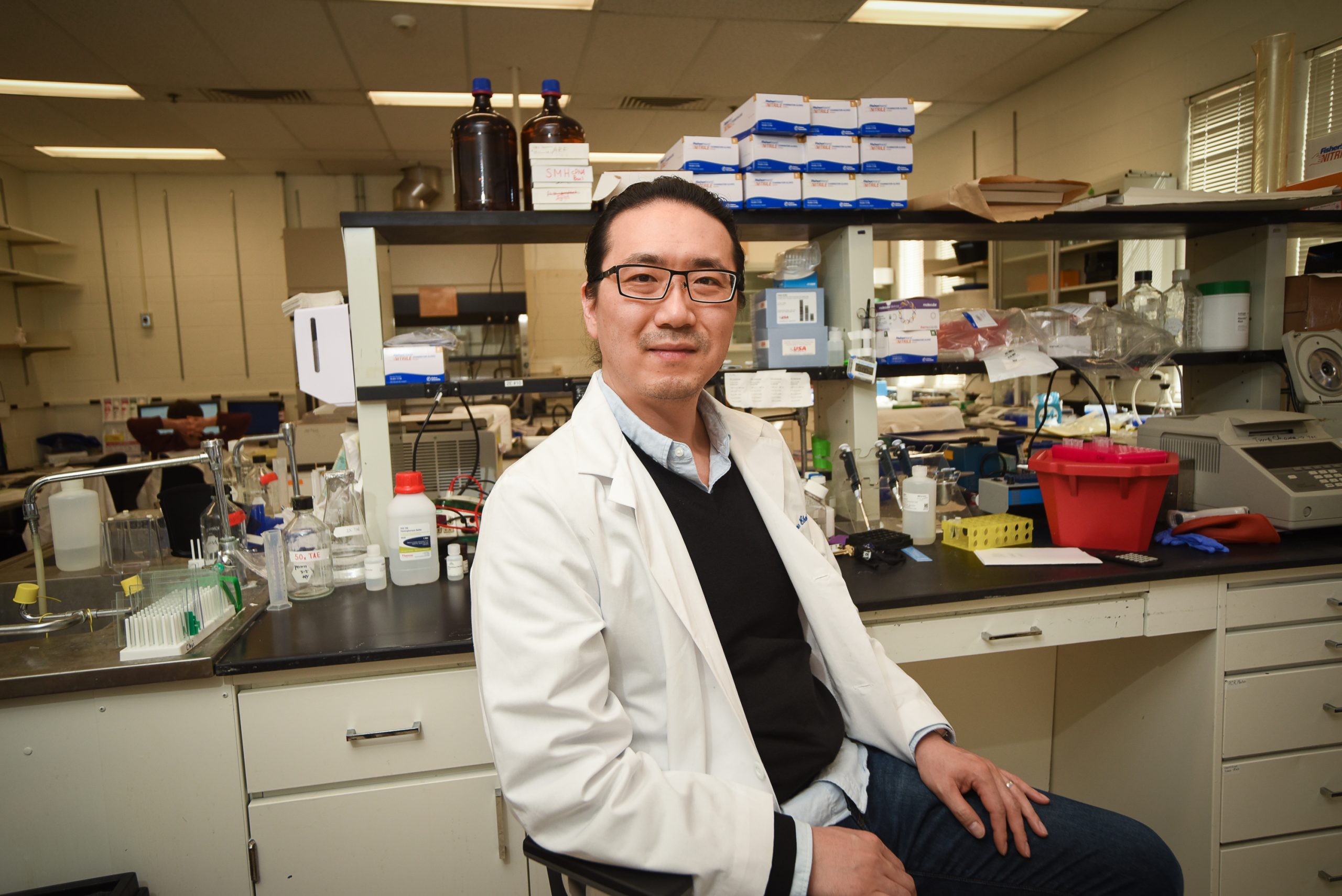Inherited cardiomyopathies are a major cause of heart disease with symptoms that can develop at any age. Patients are almost always burdened with decreased quality of life and longevity. Although current therapies based on past discoveries may prolong survival, they are targeted more at mitigating the complications of the disease rather than the underlying pathogenesis; therefore, they do not prevent the progression of heart failure.
The Choi Laboratory at Thomas Jefferson University is interested in studying a form of inherited cardiomyopathy caused by mutations in the LMNA gene (LMNA cardiomyopathy). Their particular interest is to understand the complex interplay that occurs between two main cell types in the heart during the development of LMNA cardiomyopathy: cardiac fibroblasts and cardiomyocytes.
Dr. Jason Choi’s lab has elucidated cell type-specific effects of LMNA mutation in both cardiac fibroblasts and cardiomyocytes, allowing them to better understand how these cells uniquely contribute to the development of the disease. With these new insights, coupled with the support of W. W. Smith and others, the Choi lab aims to devise novel therapies that improve cardiac performance or prevent heart muscle deterioration. The novel data generated serves as the crucial foundation for broader research and novel advances within the field of heart disease.
Jason Choi, Ph.D. at Thomas Jefferson University is studying a form of inherited cardiomyopathy caused by mutations in the LMNA gene.

